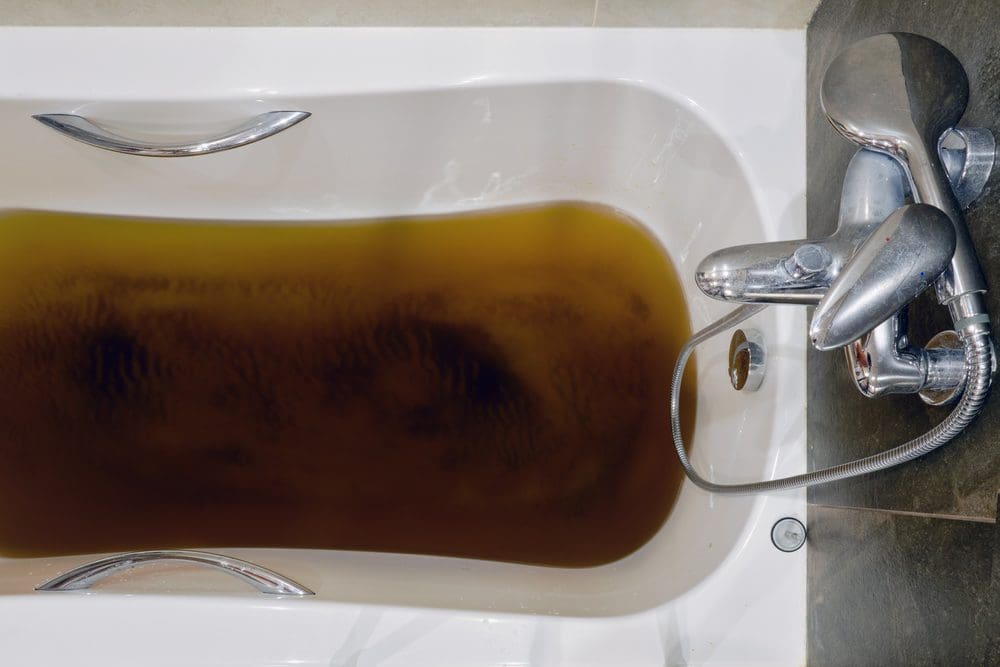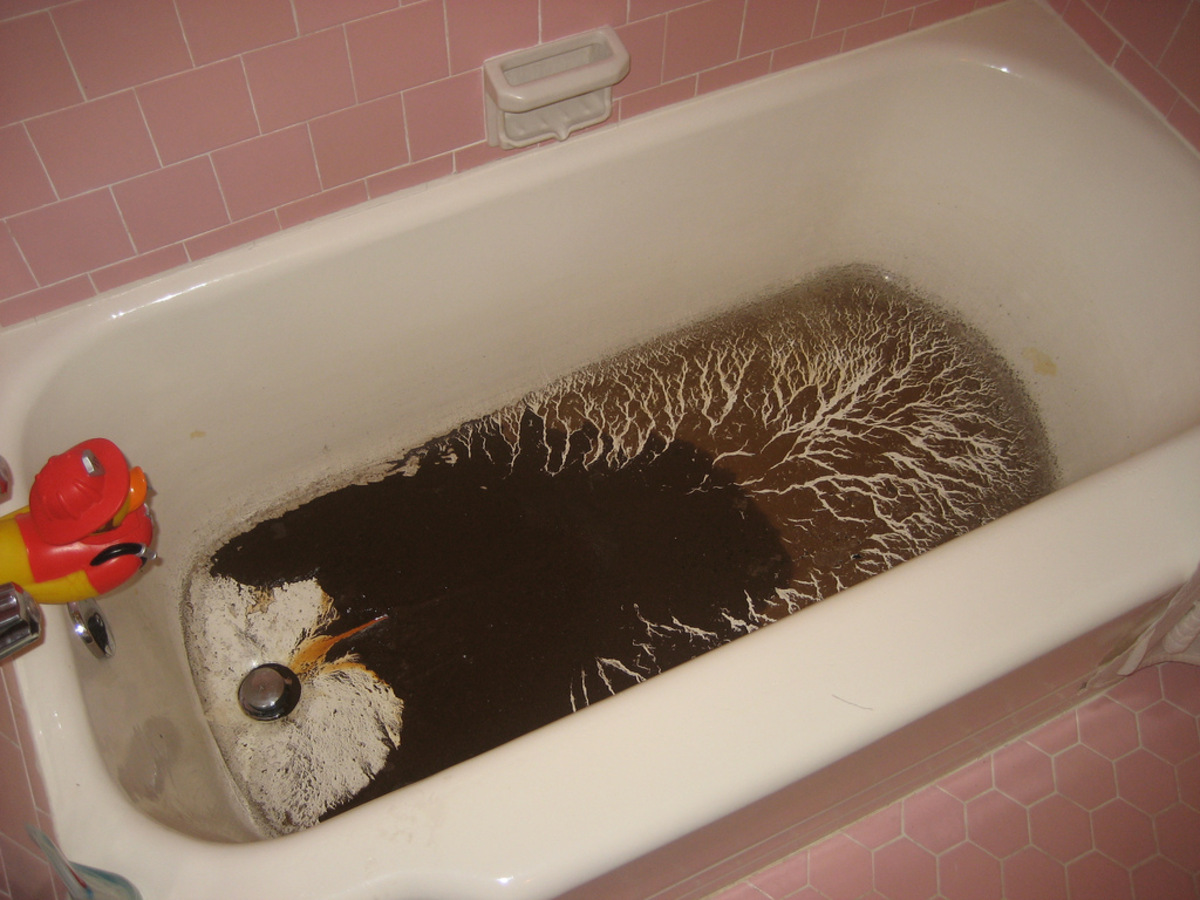Unraveling the Causes of Sewage in the Bathtub
Unraveling the Causes of Sewage in the Bathtub
Blog Article
Are you currently in search of additional info involving What To Do If Sewage Starts Backing Up Into the Shower?

Sewer backup in the bath tub can be an upsetting and unsanitary problem for any homeowner. Not only is it troublesome, yet it additionally postures major wellness risks and shows underlying issues with the plumbing system. Comprehending why sewer is coming up with the tub is crucial for taking suitable action to attend to the issue efficiently.
Intro to the Concern
Usual Factors for Sewage Back-up
Clogs in the Sewage System Line
Among the most common reasons for sewer backup is a blockage in the sewer line. This can take place because of the accumulation of debris, grease, or international items in the pipes, protecting against appropriate flow and causing sewage to back up right into your tub.
Tree Root Breach
Tree origins seeking dampness and nutrients can penetrate drain lines through tiny fractures or joints. With time, these roots can expand and increase, triggering significant damages to the pipes and bring about sewage back-up issues.
Recognizing the Trouble
When sewage draws back up right into the tub, it's a clear sign of a problem with the drain system. The wastewater that should be moving away from your home is instead locating its way back into your home, which can bring about significant damages and health hazards.
Prospective Reasons
Numerous factors can contribute to sewage back-up in the bath tub. From blockages in the drain line to problems with the plumbing facilities, identifying the source is necessary for locating a solution.
Aging Framework
Older homes might have obsoleted plumbing systems that are extra at risk to deterioration, splits, and wear and tear. As pipes age, they come to be more prone to leakages and obstructions, boosting the possibility of sewage back-up occurrences.
Heavy Rainfall or Flooding
During periods of heavy rainfall or flooding, the drain system may become overloaded with excess water, triggering backups and overflows. This can cause sewage supporting right into tubs and other components inside the home.
Signs of Sewer Backup
Foul Odors
Undesirable odors emanating from drains or components, especially in the washroom, may show sewage backup concerns. These odors are usually solid and relentless, signaling a trouble that calls for immediate attention.
Slow Draining Fixtures
Bathtubs, sinks, and commodes that drain pipes gradually or not at all could be experiencing sewer back-up. If several fixtures are influenced simultaneously, it's likely that the issue stems from a typical point, such as the major drain line.
Gurgling Sounds
Odd gurgling or gurgling noises coming from drains pipes when water is running in other places in your house are a measure of air entraped in the plumbing system. This air accumulation can result from sewer backup and ought to be investigated promptly.
Wellness Dangers Related To Sewage Backup
Contamination of Water System
Sewage back-up can pollute the supply of water in your house, presenting a major health threat to you and your household. Direct exposure to polluted water can lead to intestinal issues, skin infections, and various other illnesses.
Mold and mildew Growth
Wetness from sewage back-up can produce ideal problems for mold and mildew growth in your house. Mold and mildew spores can worsen respiratory system troubles and create allergies in sensitive individuals, making timely cleanup important.
Spread of Disease
Sewer consists of damaging bacteria, infections, and bloodsuckers that can trigger a range of conditions, including liver disease, cholera, and gastroenteritis. Coming into contact with sewage or polluted surfaces puts you in danger of infection.
Cleaning Up After Sewage Back-up
Disinfection Procedures
Extensively decontaminate and sterilize impacted areas after sewage back-up to remove hazardous bacteria and prevent mold development. Usage suitable cleansing products and protective gear to ensure secure and reliable clean-up.
Repair of Affected Areas
Fix any type of damage to floor covering, wall surfaces, or fixtures caused by sewer backup. Depending upon the level of the damages, you might need to replace carpets, drywall, or other products to restore your home to its pre-loss problem.
Immediate Actions to Take
Turning Off Water
In the event of sewer backup, it's vital to turn off the water to prevent more contamination and damages. Situate the main water shutoff valve in your house and closed it off until the problem can be dealt with.
Calling a Professional Plumber
Handling sewage backup is not a DIY task. Call a licensed plumber with experience in dealing with sewage-related problems to examine the situation and carry out required repair services or cleanings.
Staying Clear Of Contact with Infected Water
Till the sewer back-up is settled, avoid contact with contaminated water to prevent the spread of microorganisms and virus. Put on safety gear if you should be in the affected area and clean your hands extensively afterward.
Preventive Measures
Normal Upkeep of Drain Lines
Schedule normal inspections and upkeep of your drain lines to identify and deal with prospective problems before they escalate right into major problems. This can consist of cleaning out debris, examining for tree root invasion, and fixing any kind of damaged pipes.
Setting Up Bayou Shutoffs
Consider mounting backwater valves in your plumbing system to prevent sewage from flowing back into your home during periods of heavy rainfall or flooding. These valves immediately close when water draws back up, securing your residential or commercial property from contamination.
Proper Disposal of Home Waste
Avoid purging anything apart from toilet paper and human waste down the toilet to stop blockages and obstructions in the drain line. Dispose of grease, oil, and other household chemicals correctly to lessen the threat of plumbing problems.
Why Is Water Backing Up in My Bathtub When I Flush My Toilet?
What to do about a sewer line clog
First, don’t bother with plunging. No amount of plunging will dislodge the clog in a sewer line. The clog is too far away. Plungers are for clogs in the toilet itself, not the sewer line. Plus, the most likely causes of a sewer clog are:
Tree roots Flushed toys or feminine products Grease buildup Those items don’t move easily. And in the case of tree roots, the roots need to be cut out of the pipe and the pipe will need to be repaired.
You’ll need a closet auger. A closet auger is a type of plumber’s snake with a protective cover to keep from scratching the delicate porcelain toilet. If the clog is further down, you may need to remove the toilet or use one of your cleanouts to get to the clog.
We also recommend doing a video inspection of the drain to ensure that the cause of the clog has been completely removed. Otherwise, you could have the same problem again in a few days or weeks.
https://mspplumbingheatingair.com/blog/why-is-water-backing-up-in-my-bathtub-when-i-flush-my-toilet

Do you appreciate reading up on ? Give a remark below. We'd be pleased to hear your insights about this blog posting. Hoping to see you back again soon. In case you enjoyed reading our blog post kindly make sure you remember to pass it around. Thanks a bunch for your time. Don't hesitate to come by our website back soon.
Go Services
Report this page